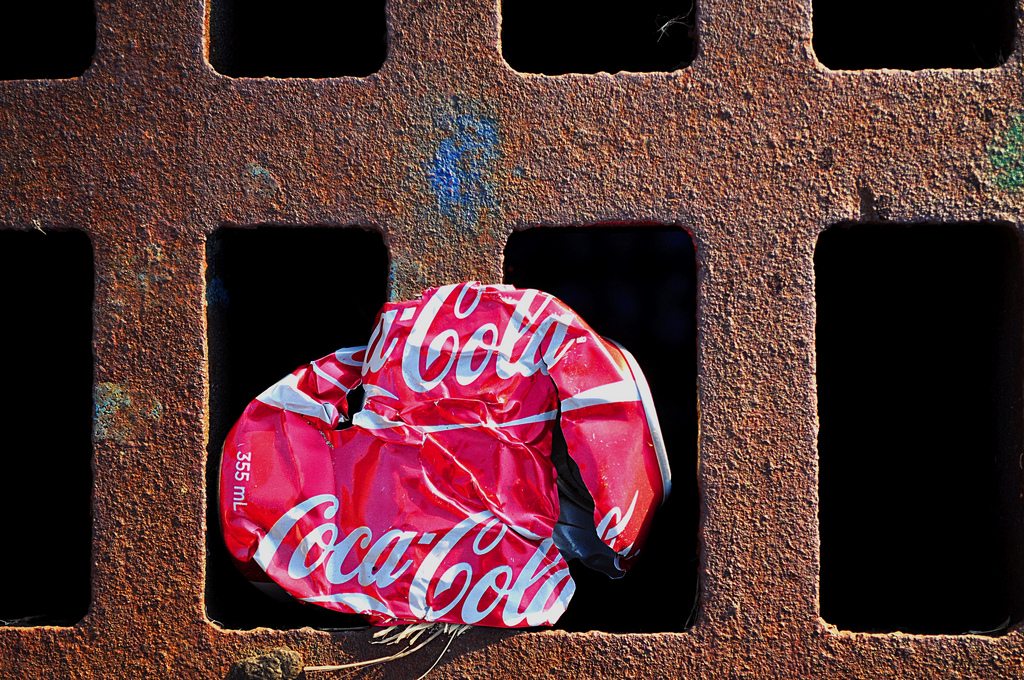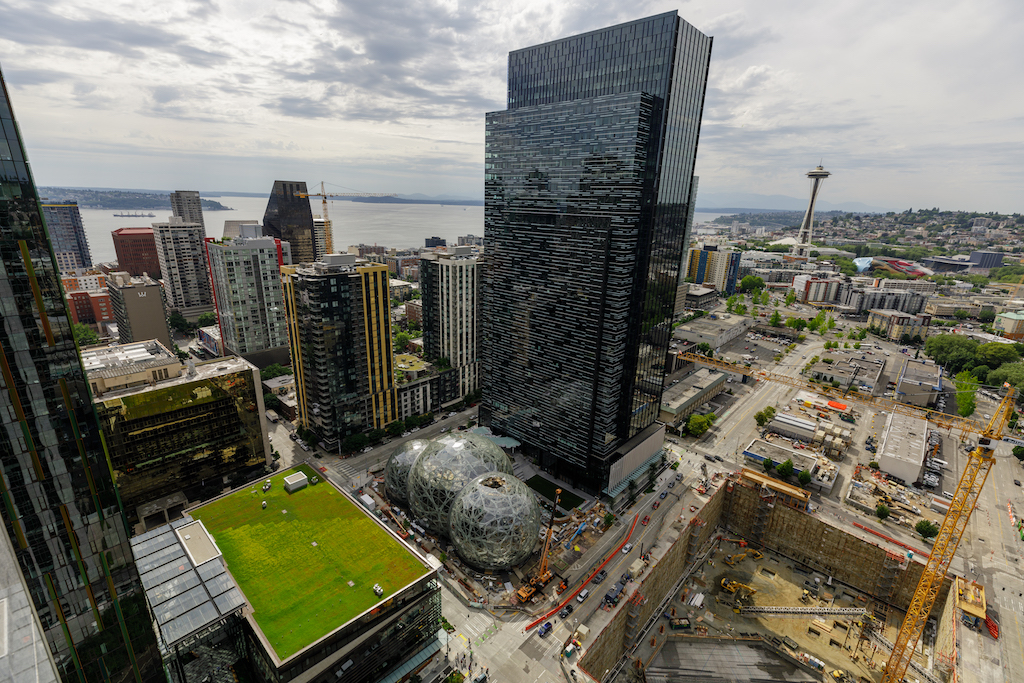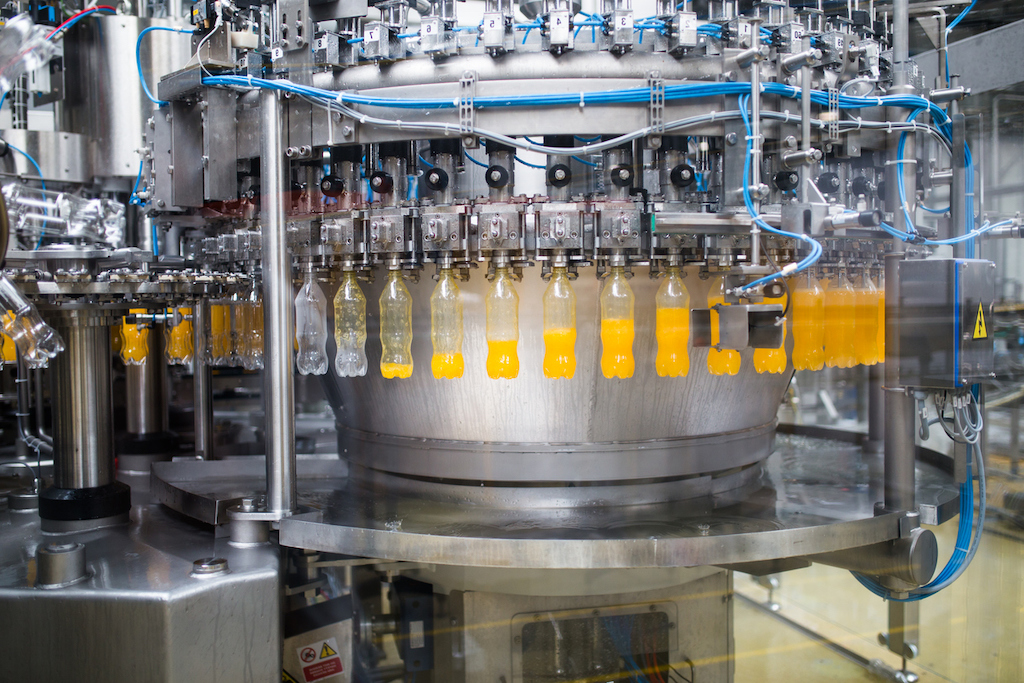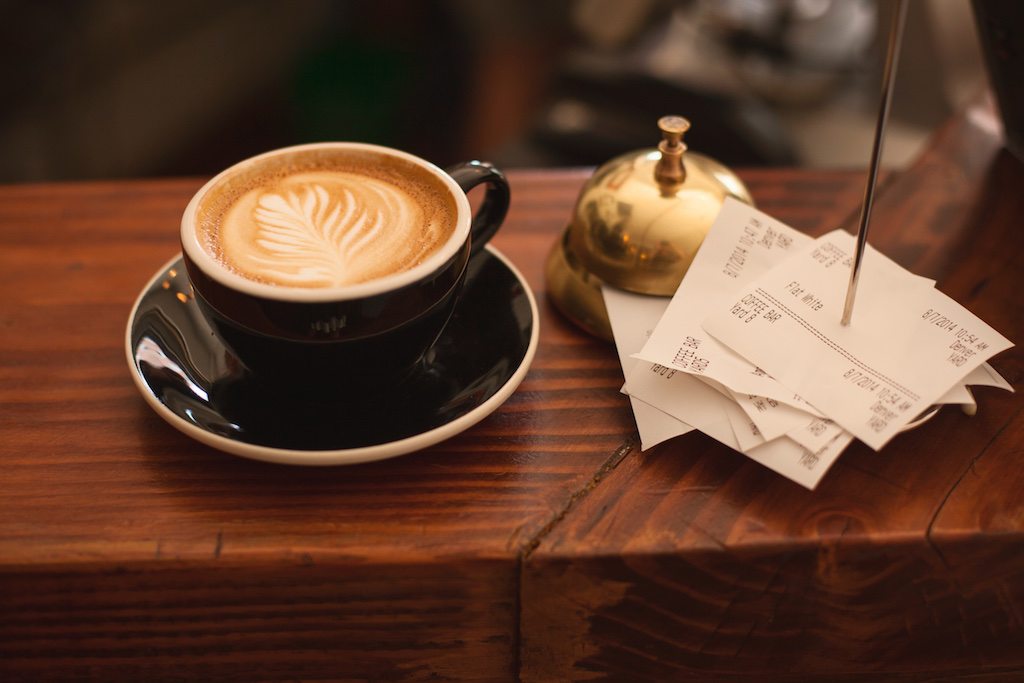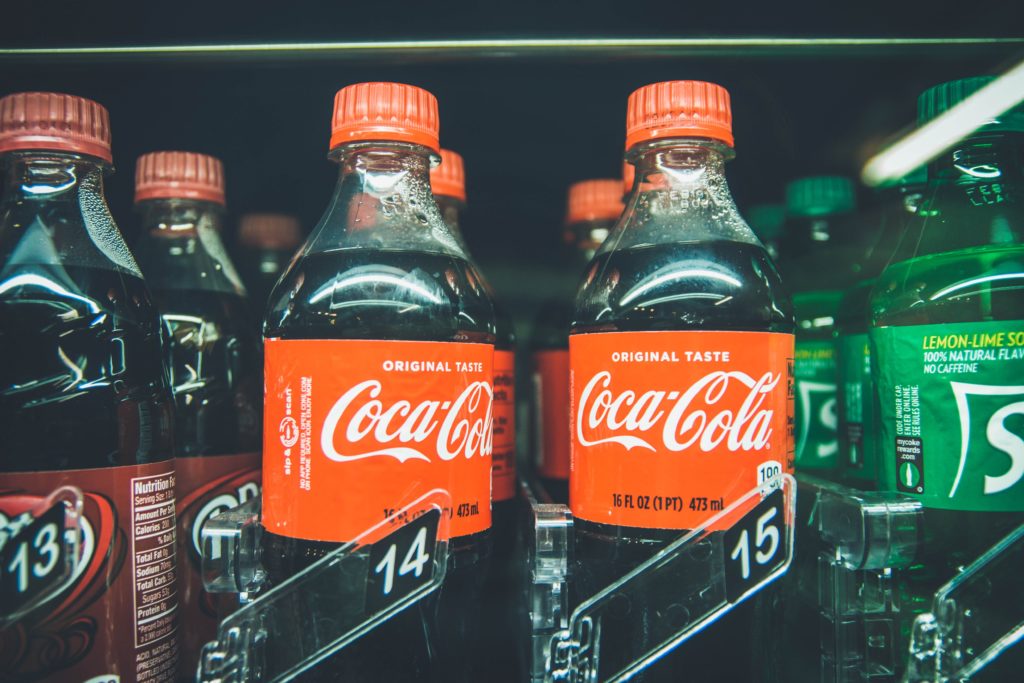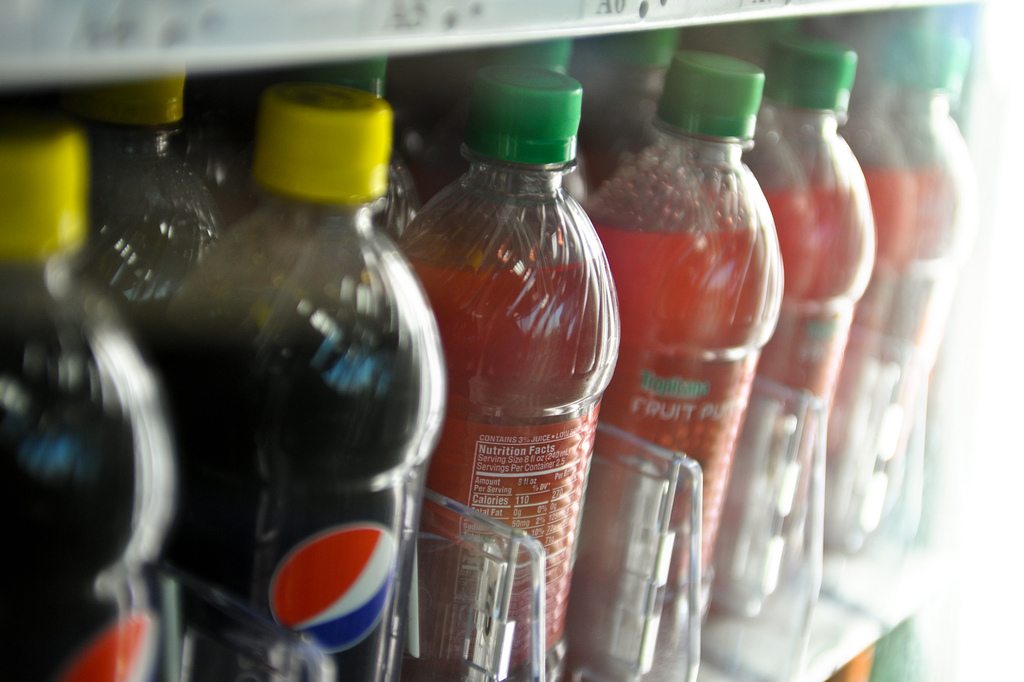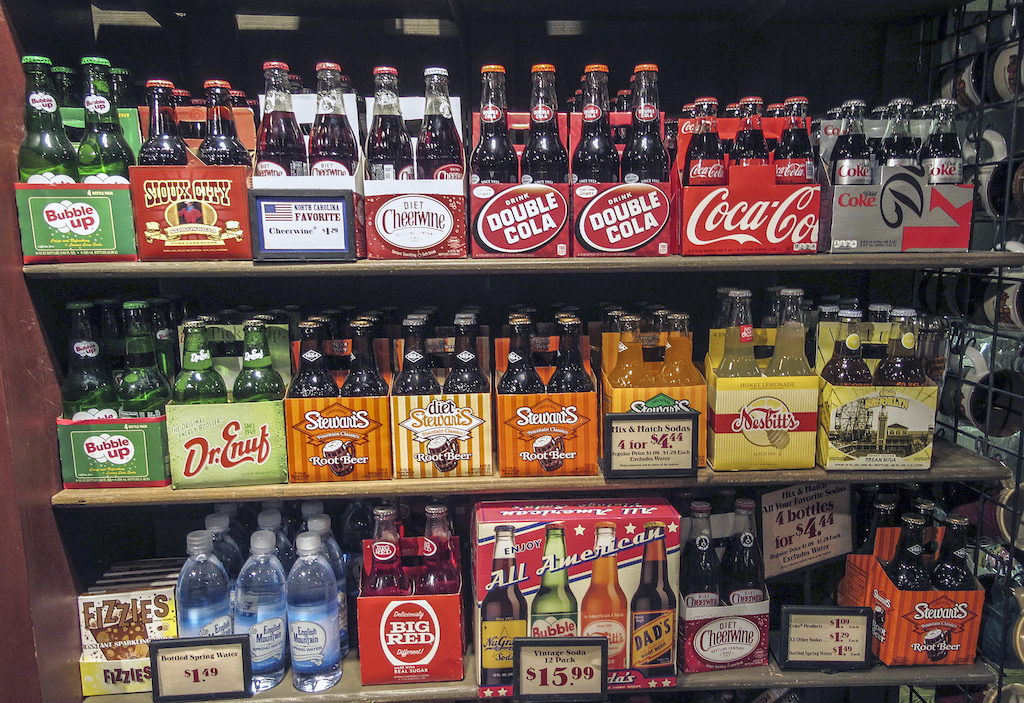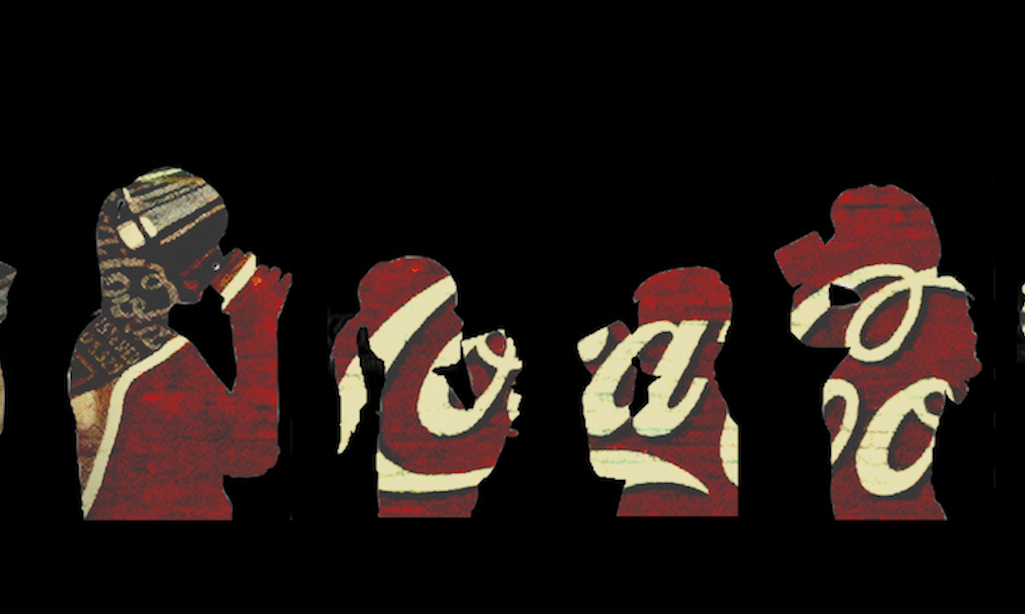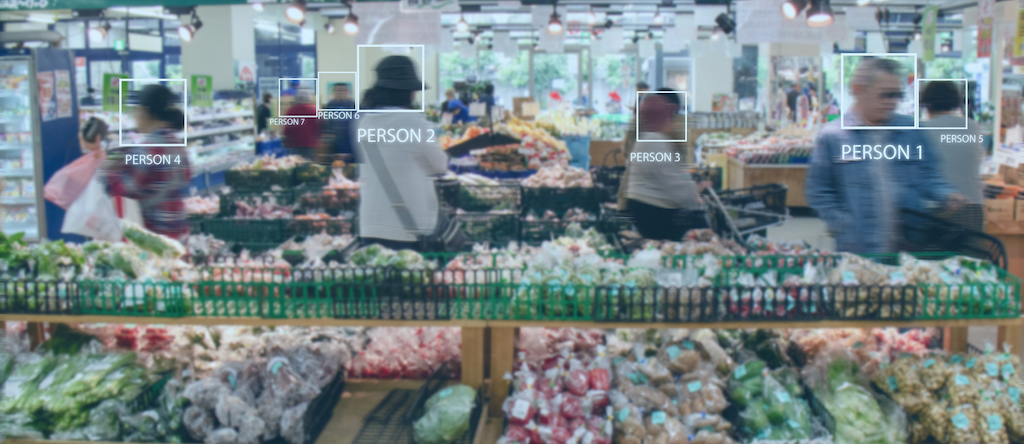A taxing two months. Philadelphia’s soda tax is almost two months old, and it’s still unclear whether or not it’ll live to see its first birthday. But we’ll start with the good news for policy makers: Philadelphia Mayor Jim Kenney’s office announced on Thursday morning that the city took in more than double its projected revenue from the tax during the month of January, totalling $5.7 million. According to Kenney, the city is on track to meet its projected $92 million this year, part of a five-year plan that’ll pump almost $200 million into Pre-K programs, $38 million into community schools, and $48 million into the city’s “Rebuild” program, which focuses on revitalizing parks, libraries, and rec centers. The Philadelphia Inquirer has a full breakdown of the plan for the soda tax revenue here.
But not everyone is happy. As we’ve reported before, the 1.5 cent-per-ounce tax is levied on distributors, not directly on consumers. Which means prices in the soda aisle don’t necessarily rise by exactly 1.5 cents per ounce—in fact, researchers at Cornell looking at the Berkeley soda tax found that distributors were absorbing 30 to 50 percent of the extra cost. Still, early social media murmurs proved consumers noticed the difference.
Here’s another number: Some distributors and supermarkets are reporting a 30 to 50 percent drop in sweetened beverage sales, which suggests a decline higher than the predicted 27 percent. As a result, they’re threatening to lay off hundreds of people, the Inquirer reports. Jeff Brown, the operator of six local ShopRite stores, reported a 15 percent dip in sales overall (not just in sugary beverages), adding that he expects to lay off about 300 people. (The Philly suburbs, where the tax does not apply, have reportedly seen a bit of a boost in soda sales.)
The city responded to these claims by questioning the legitimacy of the numbers and suggesting that soda sales will pick up again once consumer sticker shock has faded. Mayor Kenney called the soda industry greedy, telling the Inquirer that “they are actually willing to threaten working men and women’s jobs rather than marginally reduce their seven figure bonuses.”
It’s still too early to know whether the city’s revenue bump or the drop in distributor and retailer sales are here to stay. One source in the Inquirer article pointed out that many retailers stocked up on extra soda in anticipation of the tax, which would explain at least some of the early-year sales slump.
The future of the tax itself is also uncertain. Opponents are renewing their efforts in an “Ax the Bev Tax” campaign, the Inquirer reports. And the tax is under appeal in the state’s Commonwealth Court, with arguments expected to commence on April 1st. If the appeal is not resolved by the start of the school year in September, the city won’t be able to use funds from the tax for its planned expansion of the Pre-K program.
